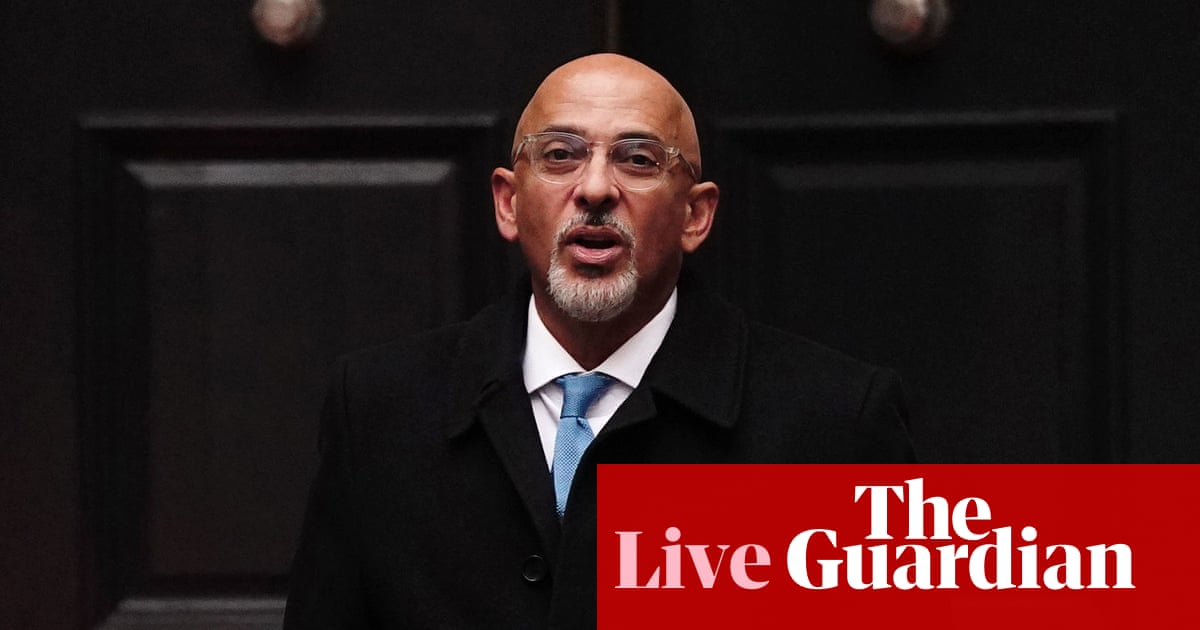
Ministers are facing renewed calls to rethink the controversial “loan charge” imposed on tens of thousands of workers, after it emerged that there had been eight cases of suicide among those facing demands for payments under the scheme.
A cross-party group of MPs has already raised concerns over the charge, which has seen the self-employed and contractors including nurses and social workers facing large bills from HM Revenue and Customs (HMRC). While the UK’s tax authority has ruled that they avoided tax through “disguised remuneration schemes”, those facing bills say that they are victims of misselling, and that they used the schemes in good faith after professional advice.
Officials have now said there have been eight cases of suicide by taxpayers facing a charge. HMRC has referred the cases of suicide to the Independent Office for Police Conduct, which oversees certain serious complaints about the conduct of tax inspectors. It comes weeks after more than 200 MPs demanded that HMRC provide a 24-hour suicide prevention helpline for those affected. In a letter to chancellor Rishi Sunak, MPs on the all-party Loan Charge and Taxpayer Fairness Group said that there was “an identified and serious risk of further suicides”. They warned that the sums involved would lead to bankruptcies and the loss of homes.
HMRC has levied the charges on people who took part in loan schemes that HMRC believe to be “disguised remuneration” devices, allowing people to avoid paying national insurance and income tax. Because the schemes were used for many years without being closed down, some of the bills involved are very large. It is thought that about 50,000 people are being pursued for about £3bn in total.
A government review limited the power of HMRC to impose retrospective bills. However, there is still concern across parliament about their effect. “Time and time again the government has been warned of the serious mental health impact the loan charge is having on people,” said Ed Davey, the Lib Dem leader. “In July, I wrote to the prime minister and the chancellor to urge them to change course and help those struggling.
“This newest revelation that eight people have taken their own lives in connection to the charge is tragic and my thoughts are with their families and friends. We can and must do more to resolve this issue and prevent further lives being lost to this cruel policy. The loan charge is not fair, and it will lead to thousands of people facing bankruptcy. This will have a huge cost to the taxpayer and in many cases, being declared bankrupt will prevent people from working again or paying taxes.”
Greg Smith, the Tory MP for Buckingham and co-chair of the group on the Loan Charge and Taxpayer Fairness, said some of the individual bills ran into six figures, adding: “The loan charge continues to severely affect so many individuals and families across the UK, facing thousands and thousands – if not tens and hundreds of thousands – of pounds in retrospective demands off the back of schemes they were advised to take by professionals.
“Retrospective changes to taxation are simply never fair and I call on the government to urgently think again before more people take the horrendous step of taking their own lives, and so families can be freed of the living hell, stress and uncertainly this continuing debacle brings to them.”
HMRC said it had conducted independent investigations into the eight suicides and found no evidence of misconduct. Treasury minister Lucy Frazer said that HMRC operated a settlement helpline and call handlers were trained to identify taxpayers who might need additional support.
“For taxpayers who need specialised help, HMRC advisers suggest they contact organisations like Samaritans or Mind,” she said. “The government is working with HMRC to consider what additional specialised support could be provided.”
An HMRC spokesperson said: “Loss of life is complex and there is rarely a single cause when someone takes their own life. HMRC will cooperate fully with any inquest where asked to do so. We take concerns about the wellbeing of all taxpayers seriously and recognise that large tax liabilities can add significant pressures for some taxpayers.
“Where customers are facing difficulty in making a tax payment, they should ask us about affordable payment options. We’ll work with them to try to agree a payment plan which allows payment of the amount due over time based on their financial position.”
In the UK and Ireland, Samaritans can be contacted on 116 123 or email jo@samaritans.org or jo@samaritans.ie. In the US, the National Suicide Prevention Lifeline is 1-800-273-8255. In Australia, the crisis support service Lifeline is 13 11 14. Other international helplines can be found at www.befrienders.org












